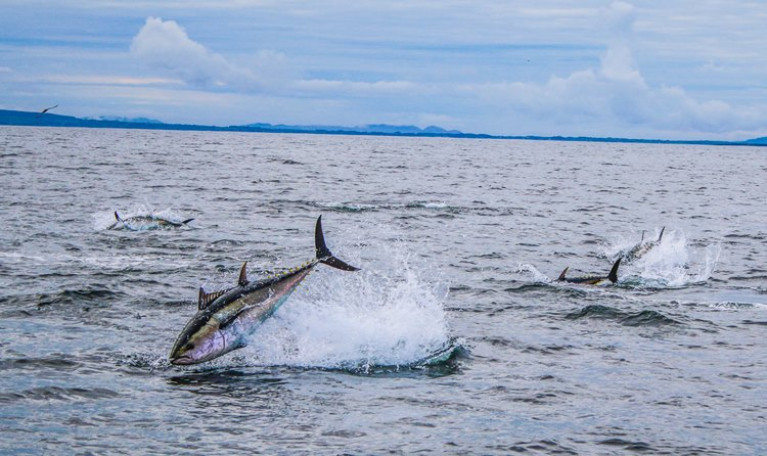Displaying items by tag: Budget 2021
Budget 2021 ‘Has Focus On Biodiversity Like Never Seen Before’
The Irish Wildlife Trust has welcomed this week’s Budget announcements of new funding to address biodiversity issues.
These include a move to more than double the allocation to the previously “defunded and neglected” National Parks and Wildlife Service (NPWS) from €13 million to €29 million.
“It is vital that this extra money is spent on actual conservation measures and not diverted to tourism infrastructure in national parks and nature reserves, which we have seen before,” the trust said.
According to the trust’s campaigns officer Pádraic Fogarty, there has been “a focus on biodiversity in this year’s Budget which we have never seen before”.
He added: “This can only help in bringing an end to the relentless downwards trajectory which we have witnessed in biodiversity in Ireland.
“We expect this will be the start of a longer-term recovery that includes the vital review of the NPWS, a new forestry programme, the ending of overfishing and the creation of marine protected areas as well as an agri-food strategy that is fit to deal with the climate and biodiversity crises.
“All of these have been promised by the new Government and are all essential in delivering the system-wide changes needed.”






























































